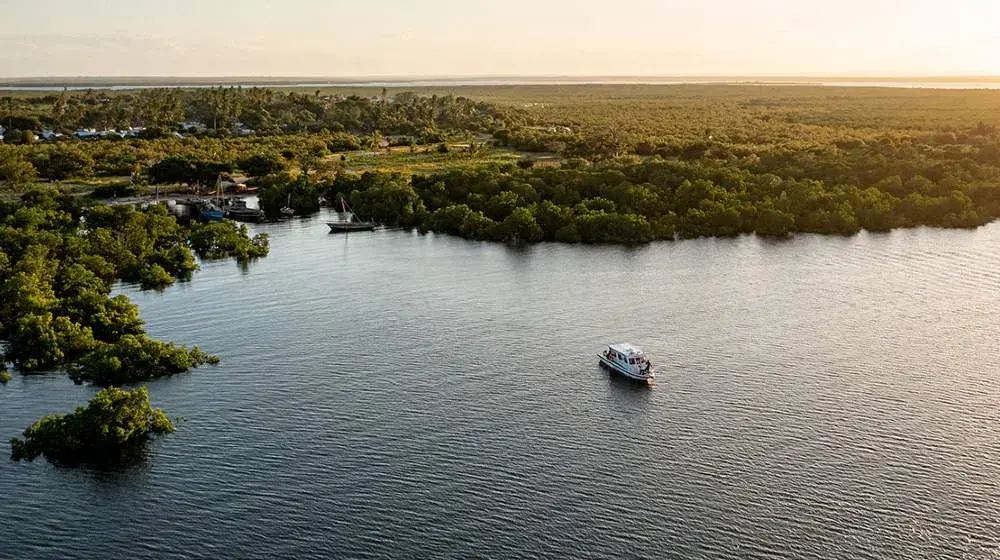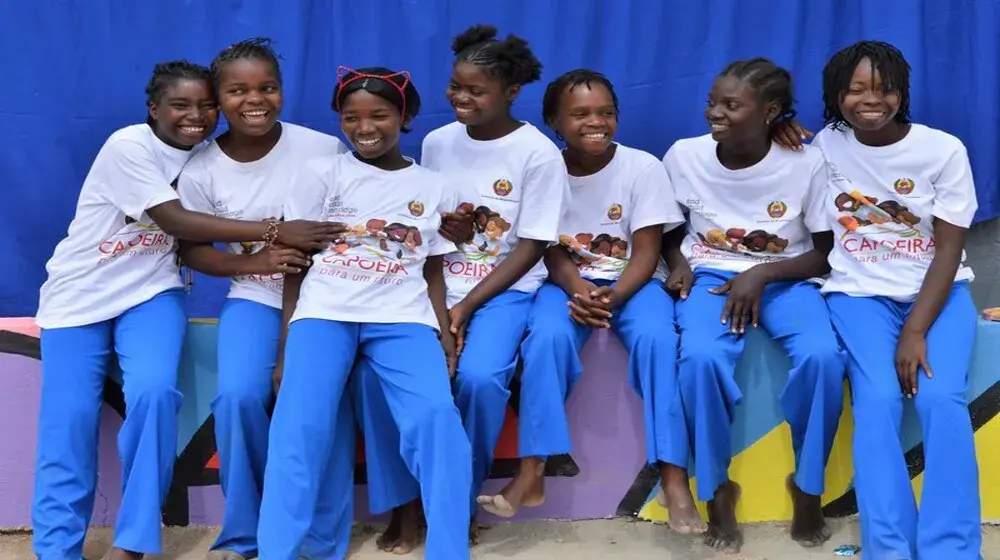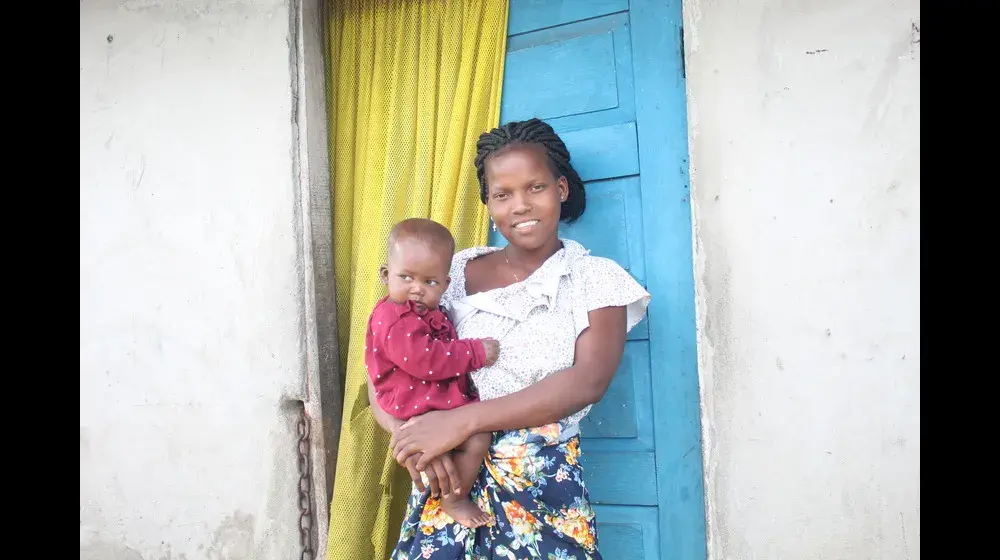Mozambique girls’ empowerment program awarded most impactful at UNFPA Global Leadership Meeting in Panama
UNFPA Mozambique Country Office won a prize for the presentation of an initiative that has the greatest impact on the lives of women, youth and adolescents out of 31 countries who exhibited during a marketplace event at the UNFPA Global Leadership Meeting in Panama where almost 200 meeting participants visited the stands and voted.
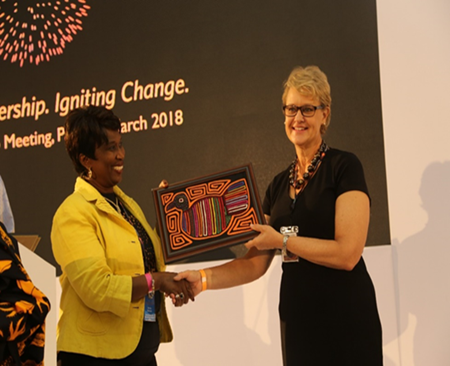
Financially supported by the Government of the Kingdom of Sweden with a contribution from the UNFPA-UNICEF Global Programme to Accelerate Action to End Child Marriage, the first joint UN program (UNESCO, UNFPA, UNICEF, UN WOMEN) for adolescent girls in Mozambique, Rapariga Biz “Action for Adolescent and Young Women's Sexual and Reproductive Health and Rights” was launched in August 2016. It is a holistic, comprehensive, multi-sectorial, innovative initiative created to empower adolescent girls and young women and address their sexual and reproductive health and rights in the two most highly populated provinces with extreme statistics on early marriage and early pregnancy. The program is centered around mentorship in safe spaces.
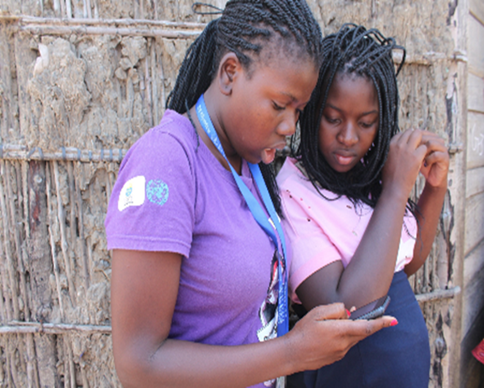
"Although the program is only in its second year, results are very promising. Over 98,083 girls and young women, aged 10 to 24, have been mentored through the program and continue to be monitored through a tailor made App that program mentors use to trace the situation of each girl every month," says Andrea Wojnar, Resident Representative, UNFPA Mozambique. The program’s impressive results for reducing early marriage and early pregnancy impressed UNFPA staff and Representatives from all regions: less than 1% of girls aged 10-19 in the Rapariga Biz program got married in the 1 year of implementation. Similarly, less than 1% of 15-19 year old girls mentored got pregnant. In Nampula and Zambezia Provinces, where the program intervenes, early marriage rates – indicated as the percentage of young women aged 20-24 were married before turning 18 - are respectively as high as 62,3% and 47,1% (DHS 2011) and adolescent pregnancy rates – the percentage of girls aged 15-19 who are mothers or pregnant for the first time – are as high as 60% in Nampula and 46,4% in Zambezia (IMASIDA 2016).


